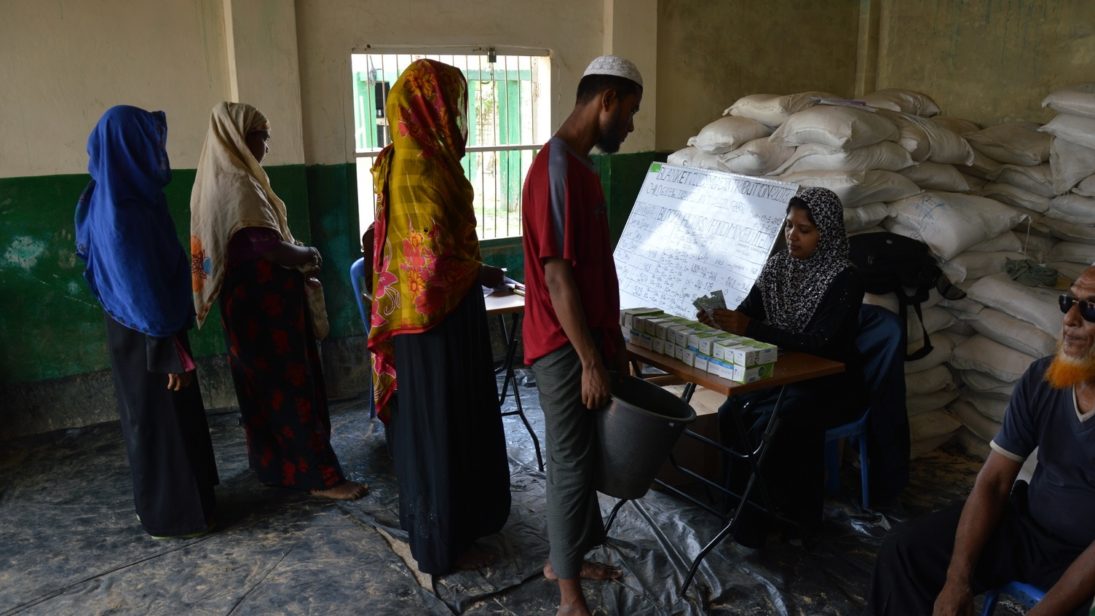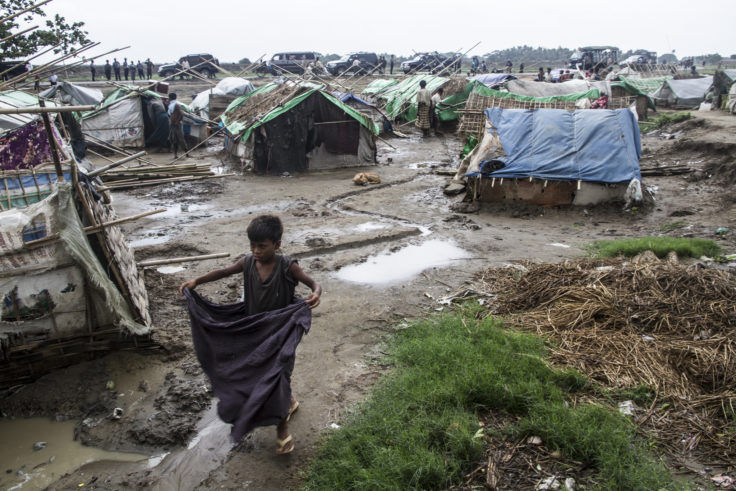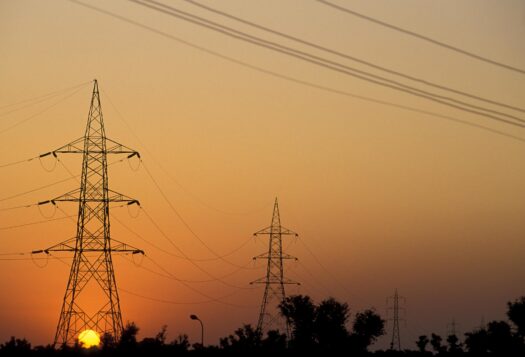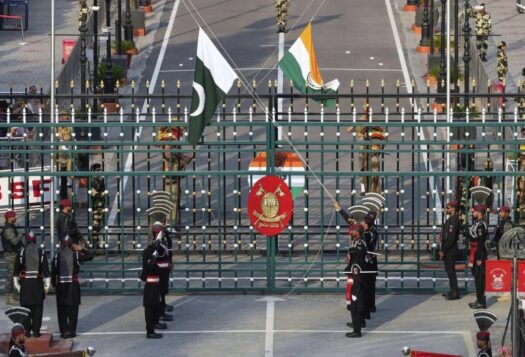
Editor’s Note: This piece is a response to an article by SAV Contributor Shivani Singh, which can be found here.
India’s refugee policies have come under close scrutiny following the government’s decision to seek the deportation of some 40,000 Rohingya “illegal immigrants,” in the characterization of India’s Minister of State for Home Affairs, Kiren Rijiju. This number includes 16,000 Rohingya who have been registered as refugees by the United Nations (UN), a status that “means nothing” to Rijiju given that “all of them remain illegal migrants.”
In a recent South Asian Voices article, Shivani Singh argues that India’s policy towards Rohingya refugees is discriminatory and contrary to the spirit of several foundational international norms. However, national security and public order are two areas of legitimate concern for the Indian government. These concerns have guided India’s response towards international treaties, mandating a cautious approach to immigration and refugee policies. The humanitarian aspect of this issue deserves attention and outcry, but this must be addressed in a way that is harmonious with the security interests of the country. As such, India’s refugee policy is discretionary, not discriminatory.
Current Legal Debate Supports Discretionary Refugee Policy
India is a non-signatory of the 1951 UN Refugee Convention and its 1967 Protocol. This means India is not under any legal obligation to provide rights and protection to refugees as defined in the convention. Traditionally, however, India has adhered to the international principle of “non-refoulement” found in these conventions, which mandates that countries shall not return a refugee to a place where his or her life would be threatened. As such, India has applied the non-refoulment principle on a case-by-case basis under its own domestic law, rather than strictly international law. This fact helps explain why India ranked 27th in the world by number of refugees in 2016. A spokesperson for the UN Secretary General recently referred to the non-refoulment principle to criticize India’s decision to deport Rohingyas.
However, it is important to note that Article 32 of the 1951 Refugee Convention itself offers two grounds for exceptions to the principle of non-refoulement: national security and public order. In the 1991 Supreme Court (SC) case Ananda Bhavani (a) Geethanando, Ananda Ashram, Pondicherry v. Union of India, the SC held that “if the presence of some constitutes threat to the national security then their deportation order without hearing would not be considered the violation of principle of natural justice.” Further, in Louis De Raeds vs. Union of India (1991), the SC held that the government’s power to expel foreigners is absolute.
The SC is currently hearing a public interest litigation moved by two Rohingya refugees in India against the government’s deportation decision. The outcome of the case will hinge on the government’s ability to base its deportation order on exceptions related to either national security or public order. Thus, a close reading of the current legal debate in India shows that India is under no international obligation to consistently apply the principle of non-refoulment and its authority to conduct deportations has been consistently supported by domestic law.

Legitimate Security Concerns Guide India’s Policy
The government’s security concerns regarding Rohingya may stem from the settlement of an estimated 10,000 Rohingyas in Jammu and Samba districts near the international border in the Indian state of Jammu and Kashmir. A recent affidavit filed by the government in the ongoing case referenced above argues that “Rohingyas figure in the sinister designs of ISI and ISIS” and the general radicalization of Rohingyas is a national security threat. Intelligence inputs also show that illegal Rohingya immigrants may have links with terror organizations, while others are involved in an organized influx of illegal immigrants from Myanmar. The situation in Rakhine, the epicenter of the Rohingya crisis Myanmar, could also undermine Indian security interests in the delicate North East region, particularly given recent reports of involvement of terrorist groups.
Other relevant security issues are the threat of communal violence, particularly against Buddhists in India, procurement of fake citizenship documents, human trafficking, and general demographic changes. This latter issue is particularly sensitive in Jammu and Kashmir and North East India. The comparatively small figure of 40,000 Rohingya refugees in India can also quickly turn into a greater number as reports indicate that over 300,000 Rohingyas have fled to Bangladesh in last few days.
Rijiju’s recent statements may then be acting as a signal to Rohingya that they will not find a welcome home in India, in the hopes of slowing, and possibly deterring, their influx. This slowdown could buy India, and the international community, more time to identify stopgap measures and permanent solutions for the displacement crisis. In the meantime, the government has instructed to state governments to identify Rohingyas in their territories, while not calling for their immediate deportation.
In light of these national security and public order concerns, India’s discretionary refugee policy is justified.
Recommendations
Regardless of the contours of India’s final policy towards Rohingyas, as a major regional actor, India should still seek to engage both Bangladesh and Myanmar to find a resolution to the current humanitarian crisis.
Second, proactive patrolling of the India-Bangladesh and India-Myanmar international borders, in addition to the India-Bangladesh-Myanmar tri-junction area, could help mitigate issues pertaining to an uncontrolled influx of Rohingya refugees or immigrants.
In addition to attempting to find a domestic resolution of the refugee situation, India should continue to provide financial and humanitarian assistance to Bangladesh, which has borne the brunt of the refugee crisis.
The final recommendation is the hardest to achieve and that is coordinating the global community to help Myanmar stabilize its nation-building effort while properly de-linking the state from its ethnocentric, Burmese foundations. India must do what it can but should be mindful of the embedded challenges and limitations. India must, and can, do this in a way that protects and further fosters domestic security.
***
Editor’s Note: Click here to read this article in Hindi
Image 1: European Commission DG ECHO via Flickr (cropped)
Image 2: Steve Gumaer via Flickr


